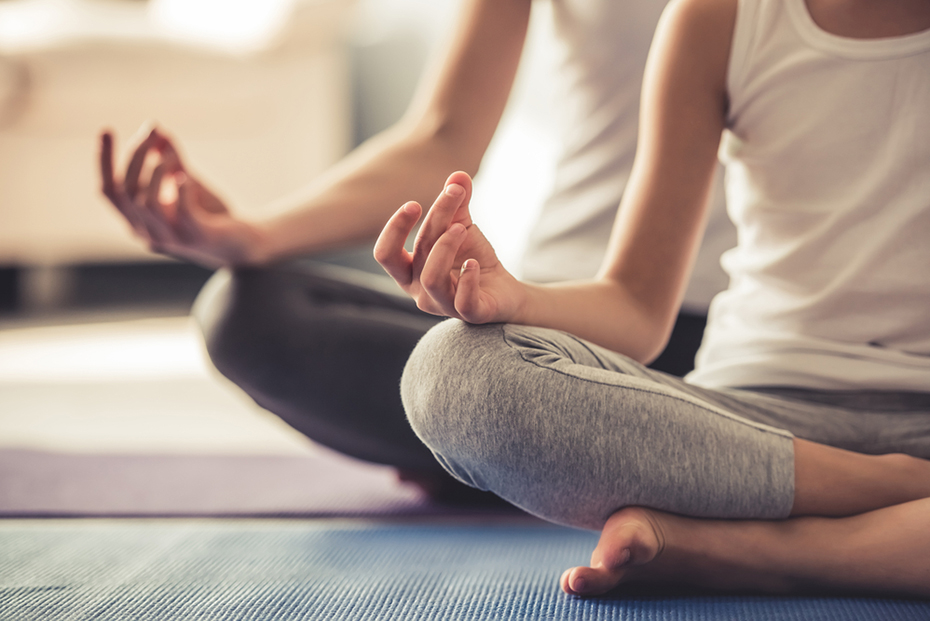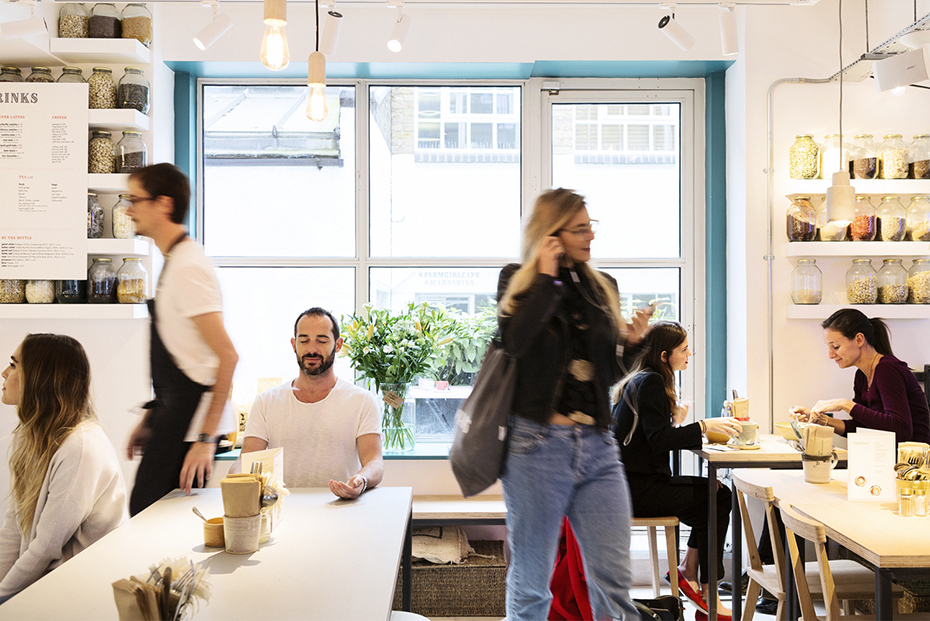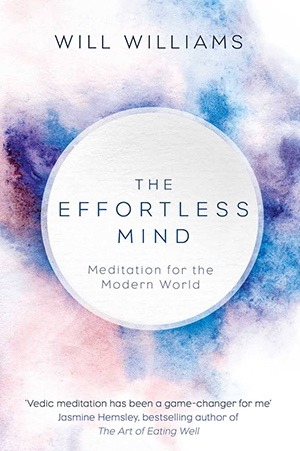How to integrate meditation into daily life

How to meditate
There are many methods which means we can each explore our own unique way. From breathing, mindfulness and visualisation to generic or personalised mantras (as I teach) they all deliver something. One useful distinction I learned from years of travelling the world, trying different techniques, is that there are monastic-derived methods and ‘householder’ techniques.
In most people’s experience, the householder techniques are far easier to practise than the monastic ones, making it a more pleasurable experience. That doesn’t negate the value of the monastic practises, simply that they tend be better suited to monasteries and mountaintops.
If you’re frustrated by your inability to ‘clear your mind of all thoughts’, consider doing a practise which works for people with busy minds and doesn’t necessitate clearing your mind, it simply helps calm your mind down to a level where thoughts are calmer, more positive and more creative.
There are an increasing numbers of books, apps and YouTube videos to try but if you want get the most out of your meditation then I recommend learning from a teacher. A good one will know how to tailor teachings according to your specific needs so you’re able to really enjoy the practice.
How to integrate meditation into daily life
First ask yourself these questions: ‘How important is it for me to feel good? Am I willing to prioritise myself?’. That may seem silly but there are so many people living their lives in a way that seriously inhibits their own wellbeing. Other things may have begun to dominate your priority list, but is that really what success means to you? To enslave yourself to work, put important relationships second or compromise your health? Do you want to put your desire for meaning and purpose below less meaningful things? We can often lose perspective and become a hostage to money.
Be aware of how meditation gives you more time, not less. By enabling you to have a better night’s sleep each night, you will wake up with even more energy. You will be calm, clear, confident and creative, able to make good decisions and prioritise tasks in a way that gives flow to your day. You won’t waste time procrastinating, bickering with partners or colleagues, or spending the day feeling lost or distracted. You know exactly what you need to do and you do it. Without fuss. And that means more time and energy to not only meditate, but to enjoy life.
Finding a practise that is easy to do on the fly like Vedic meditation is also super helpful. If you need to squeeze one in between meetings so you can give your best, or if you’re en route to dinner and need something to relieve you of the stresses and tensions of the day at the office, then doing a cheeky one on public transport, in a coffee shop or a meeting room is absolutely genius.
Join us at Re:Mind, a tranquil space in the heart of London, for two days of guided meditation classes for BALANCE presents #MeditationMay. Choose from three classes on May 12 and 19. Tickets available here.
Find more info and exercises in Will Williams’ book The Effortless Mind, (£14.99, Simon & Shuster).
Read more about the mind-body benefits of meditation, also by Will Williams.











